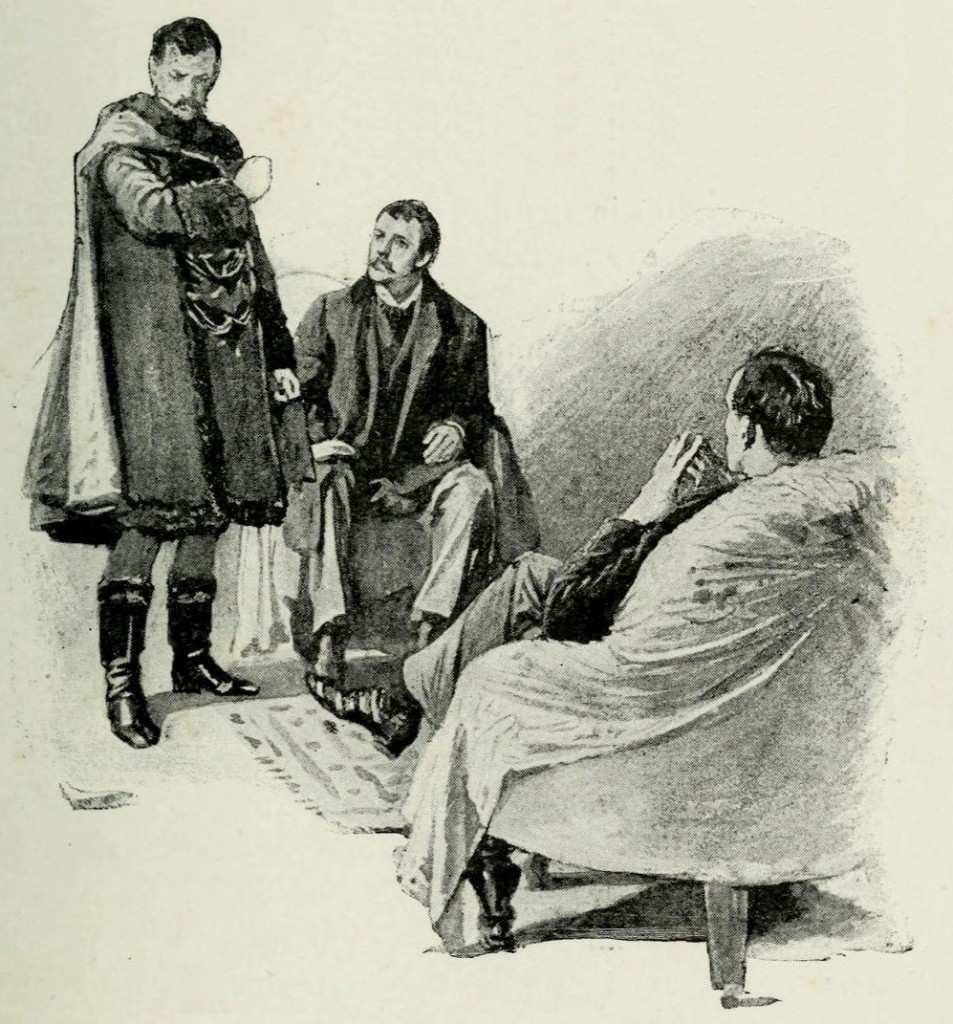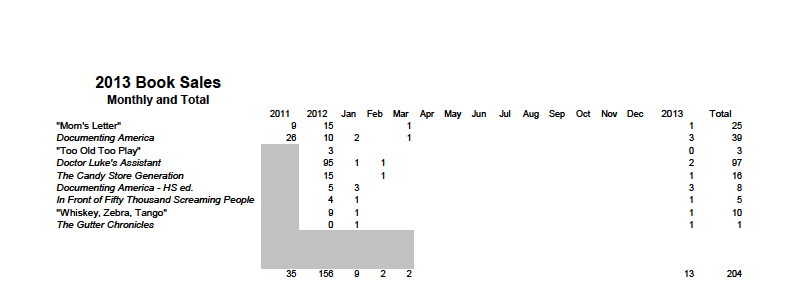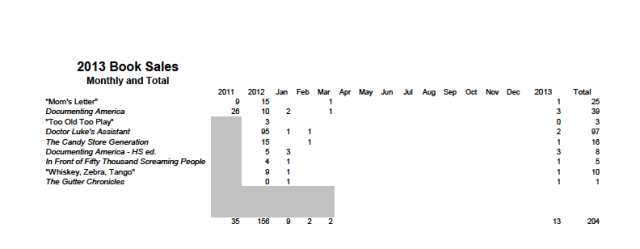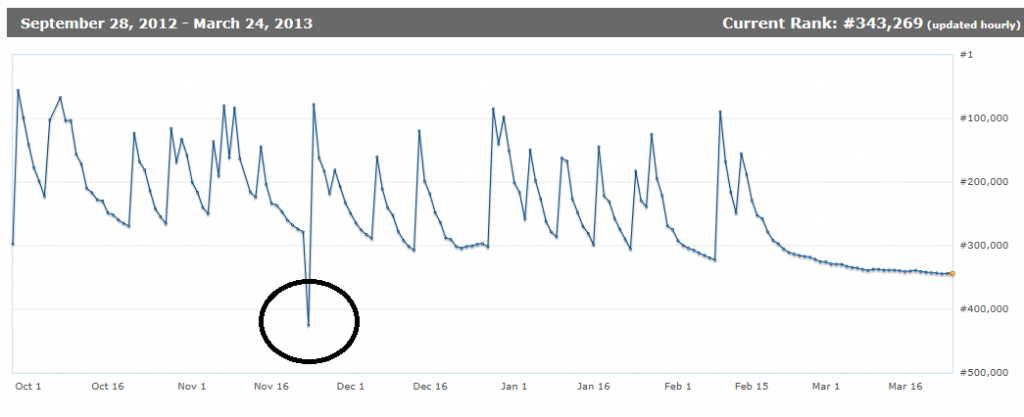I’m wondering if my writing website has been hacked. I can’t login to the admin page. Lately I’ve been getting a lot of spam comments, somehow getting past the captcha code, and have been deleting them all. I’ll see when I get home tonight and try logging in with a different browser. For now I’ll type the post I was going to make in another medium and hope I can paste it in later.
The on-line writing community is having a huge debate right now about an op-ed piece in the NY Times by author Scott Turow. Scott is also president of the author’s guild. The gist of his piece, which is titled “The Slow Death of the American Author” is that the Internet and yahoo and pirates, all facilitated by technology is killing the American author, and the government better do something about it. It seems every author/publisher/agent/editor with a blog is writing about it (me included now). Here’s a link to Turow’s piece.
On the one end of the spectrum, Turow (whom I’ve never read) is being hailed as a hero. Yes, piracy will kill the American author. Amazon will kill Barnes & Noble and with it the big six (now five) American publishers, which will kill the American author. Technology enables Amazon, so technology will kill the American author. To these people, Amazon is the biggest evil to hit the world since the slave trade.
On the other end of the spectrum are the Amazon lovers. Amazon can do no wrong. They may be a monopoly, but that’s because they were the ones who saw the market need and created the business model to serve it. No one else is restricted from entering. Indeed, Amazon’s share of the e-book market has shrunk from 90 percent to something below 70 percent. They have empowered the self-published author and done much to attract and keep them. If they put Barnes and Noble or the big publishers out of business, so what? Let them go the way of the buggy whip manufacturers. Those companies had adequate time to develop business models that would have embraced technology and taken market share from Amazon.
So it really seems we have an Amazon divide in the country. Love it or hate it. This is just within the writing/publishing community, and maybe not even all of that. Maybe it’s just the blogging world I take part in that’s all up in arms over this. Perhaps the writing/publishing community at large doesn’t even know this is going on. Perhaps they are all blissfully about their writing and publishing tasks and not worrying whether they’ll be dead soon from a painful and slow death.
I haven’t seen many balanced approaches to this. Kristen Lamb did one, I think, here. The comments are quite interesting.
So long as readers seek material to read, publishers and writers will have work. I probably need to quit reading those blogs and just concentrate on writing, editing, and publishing. Off now to take my own advice.





